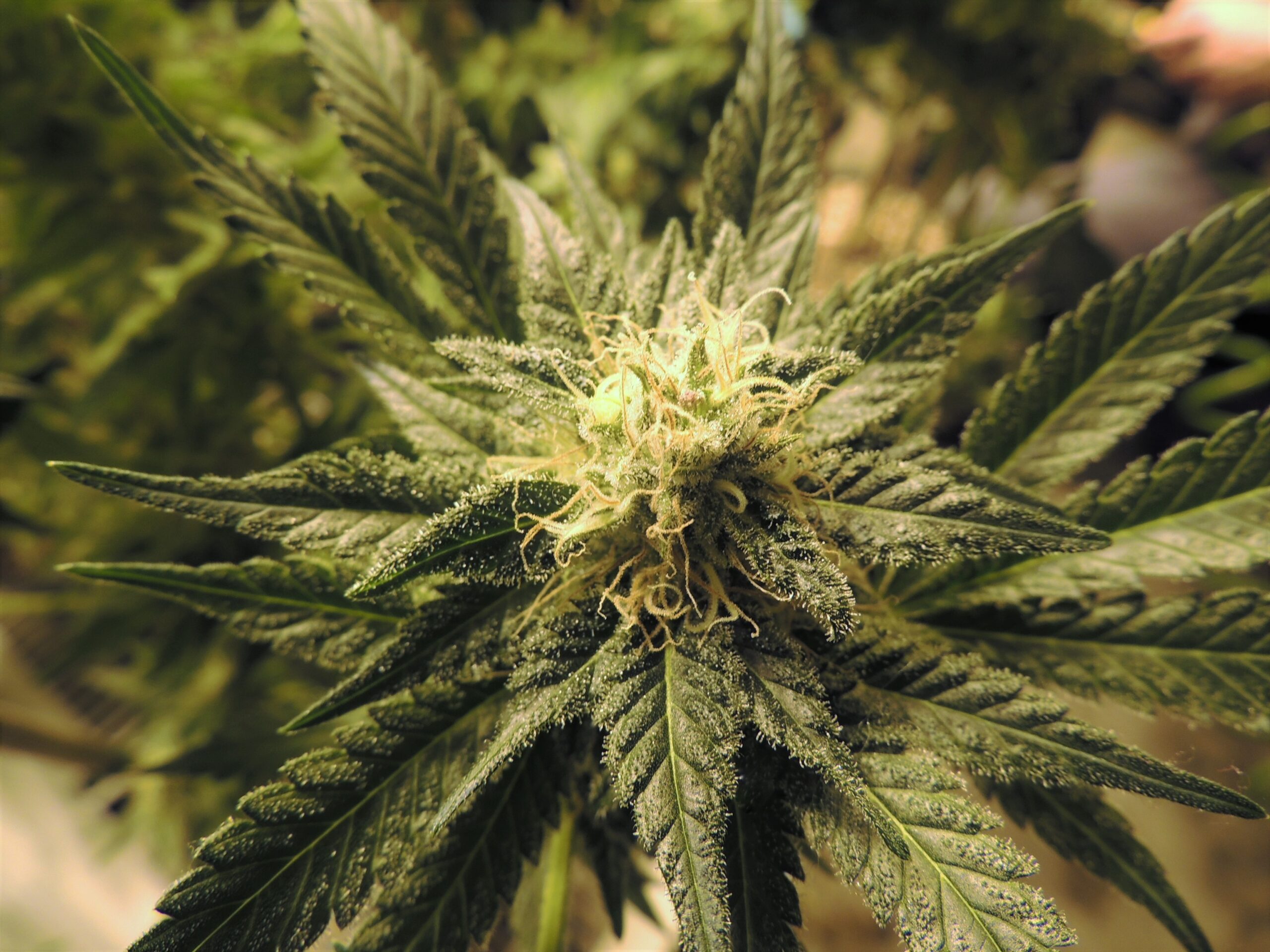What are the effects of using medical cannabis in conjunction with other medication? Does your marijuana interfere with other medication? It is important to understand how any combination of drugs you are taking will work together and the effects that mixing them will have on your body and mind.
In order to avoid any unwanted effects from drug interactions inside your body, it is crucial that you keep your doctor informed and listen carefully to his or her advice.

If you are taking traditional medical and medical cannabis, we advise asking your doctor what the effects coud be.
Although there is not a wealth of peer-reviewed studies on interactions between medical marijuana and commonly-used medications, there certainly are potential side effects that can occur when MMJ is taken alongside other drugs. Many widely taken prescription and nonprescription drugs, when taken in combination, will react chemically inside the body. These reactions can be good, bad, or benign. Cannabis card patients and their doctors should consider the potential reactions that both prescribed and ‘over the counter’ medications will have with the cannabis they use, because sometimes those reactions are not inconsequential.
Marijuana can have an additive effect when taken in conjunction with certain pain medications. This additive effect, when one drug amplifies the effect of another, is called ‘potentiation’. The effect can be unpredictably strong. Cannabis is often prescribed alongside NSAIDs (non-steroidal anti-inflammatory drugs) for the relief of pain symptoms from arthritis. The combination is very effective for reducing pain. Patients using their California medical card alongside painkillers need to be careful because the potentiation of these drugs can lead to drowsiness or depression of the central nervous system which controls heart rate and respiration.

Medical cannabis is a wonderful herb but it’s best to learn about its effects on your body before consuming.
Medications that are dedicated central nervous system (CNS) depressants or sedatives can bring on a feeling of drowsiness. Certain strains of MMJ (usually indica-dominant hybrids) that have a similar effect can greatly enhance the effects of these drugs. Some medications prescribed for insomnia, anxiety, depression and, as previously mentioned, pain relief fall into this category. So be aware that taking sedative drugs and using medical cannabis may knock you out more than expected.
Antihistamines, which are used in the treatment of allergy symptoms associated with hay fever, have a depressing effect on the CNS. Antihistamines can cause drowsiness, so when used in combination with a California weed card can have a potentiated effect.
Antihypertensives are commonly used by people with hypertension to lower their blood pressure. Some strains of medical cannabis, especially sativa-dominant strains, can temporarily increase blood pressure, so if you are taking drugs to lower blood pressure be aware that certain strains of weed may counteract their effects.
Hormone medications can be effected by medical cannabis use. Marijuana can make the oestrogen used in birth control or as hormone replacement therapy less effective. This means the intended effects of these drugs may be compromised. What’s that we hear in the distance?? Oh it’s the the pitter-patter of tiny feet. How exciting!!! Or not. Seriously though, the effects of medical cannabis on birth control pills is often negligible, but it’s always best to be extra-safe and talk to your physician.
Marijuana can slow blood clotting, so when it is mixed with prescription medicines such as warfarin that slow blood clotting, or with nonprescription drugs such as ibuprofen and aspirin that have the side effect on slowing clotting, this may result an increased risk of bleeding and/or bruising.
The effect of medications that metabolize within the liver may be strongly impacted by the presence of medical marijuana in the system. Cannabis has been known to slow down, or speed up, certain processes the liver uses to break down medication. This can result in medications being at a higher blood concentration or lasting longer than would normally be the case, or alternatively, being processed more rapidly and losing their effect more quickly. Therefore, the dose or frequency of these medications may need to be adjusted when they are being taken in conjunction with medical marijuana.
It has sometimes been noted that certain medications that may be used to treat patients with cancer, HIV, and people who have had an organ transplant may sometimes interact with medical marijuana. Since many people with these conditions use medical cannabis to manage their symptoms, it is important to check with a doctor to be sure that the particular drugs you are taking are appropriate to take alongside MMJ.
Cannabis has been shown to decrease the effectiveness of metformin (known by the brand name Glucophage) which is used as an aid in controlling the blood sugar levels of diabetes patients, as the effect of lowering blood sugar is opposed by cannabinoids.
Also, marijuana can cross the placenta and be excreted in breast milk, so it’s best for breastfeeding mothers to discuss the potential risks of breastfeeding while using their MM card with their doctor.
So these are some of the more common potential side effects of mixing medical cannabis with other drugs. There can be many advantages to using your 420 card along with other useful drugs, but it is always wise to be conscious and aware of what you are putting into your body, and how those substances will react with each other.
